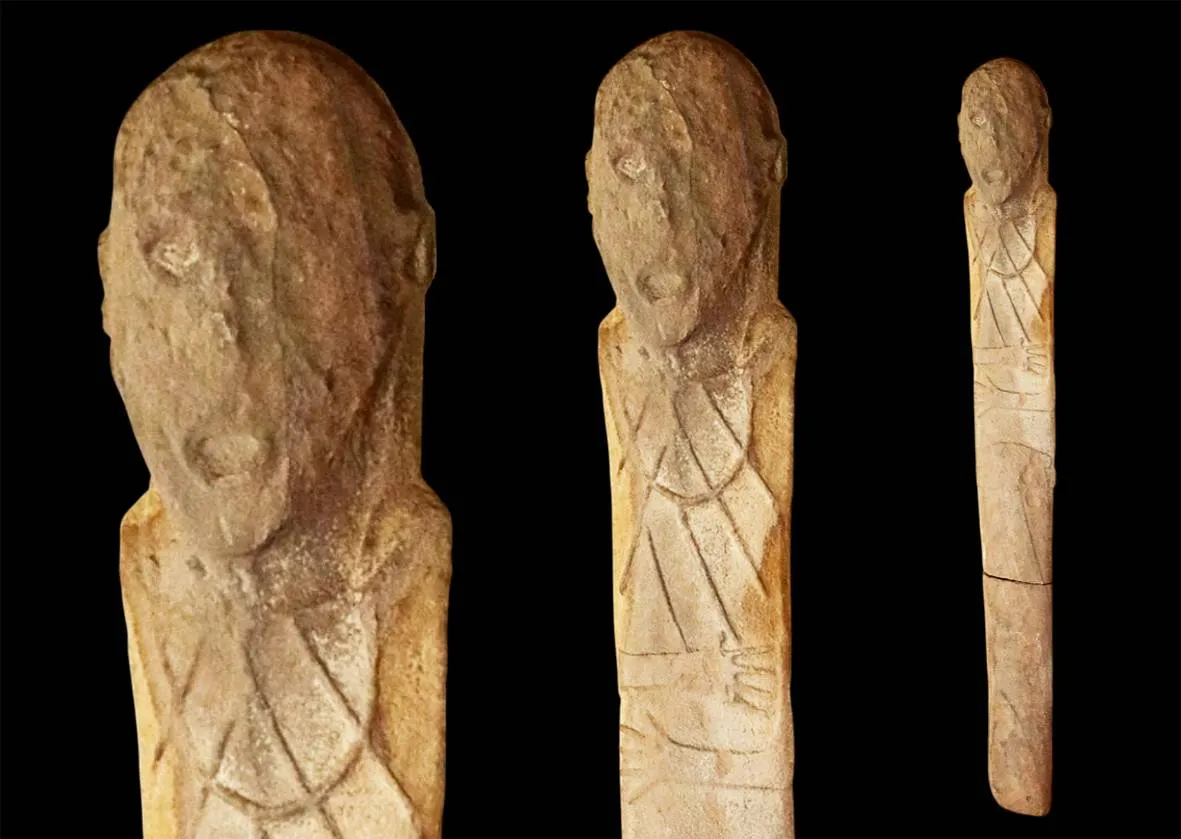Introduction to a Brilliant Mind
Dr. Ahmed al-Saeed, a renowned Egyptian researcher, translator, and editor, has been a pivotal figure in bridging the cultural gap between China and the Arab world. His latest book, "China from Inside," offers a fresh perspective on the Asian giant, moving beyond the usual fascination with its economic miracle. This book is the culmination of his extensive experience living, studying, and working in China, which has profoundly affected his worldview.
The Inspiration Behind "China from Inside"
When asked about the inspiration for his book, Dr. al-Saeed explained that it was a mix of responsibility and fear. After spending over a quarter of a century engaged with China, he felt the need to share his experiences with the Arab reader, to present a balanced view of China that goes beyond the extremes of fascination and distortion. He aimed to write from a neutral standpoint, without praise or deliberate distortion, to show China as it truly is—a country with great achievements, realistic challenges, and deep cultural and intellectual roots.
A Personal Journey with the Chinese Language
Dr. al-Saeed’s journey with the Chinese language began by chance when he joined the Chinese department at Al-Azhar University. What started as an escape from medicine and pharmacy turned into a comprehensive passion for the language and culture. He learned that the Chinese language is not just a means of communication but a key to understanding a civilization. The language taught him patience, accuracy, and a new way of thinking, emphasizing the importance of context, music, and body language in communication.
Bridging Cultural Gaps
Dr. al-Saeed believes that Chinese culture is curious to the world because it is an exception in human history—a civilization that has continued for thousands of years without interruption. The Chinese person is polite and gentle but cautious due to historical experiences with invasion and external interference. He surrounds himself with caution, giving his confidence in installments. Dr. al-Saeed identifies economic reductionism and the misconception of Chinese socialism as mere duplicates of the Soviet experience as significant misunderstandings between Arab and Chinese cultures.
The Importance of Translation and Publication
As a translator, Dr. al-Saeed’s decisions are guided by the value and ability of the text to serve as a bridge between cultures. He seeks to translate works that open new windows into Chinese thought and reflect common humanity. For him, translation is a civilized responsibility, and the translator is a messenger between two cultures. He notes that the translation movement between the Arab world and China is limited and seasonal, calling for a long-term strategic project akin to the "House of Wisdom" of the Abbasid era, utilizing digital platforms, audio libraries, and university partnerships.
Contemporary Arab Literature in China
Dr. al-Saeed observes that contemporary Arab literature is almost unknown in China, with only a few names like Naguib Mahfouz, Mahmoud Darwish, and Adonis being recognized. He believes that literature can destroy stereotypes by revealing the weakness and strength of individuals in their pain and love, away from politics and propaganda. The transfer of Arabic literature to China is not a luxury but a need for a balanced relationship between the two peoples, potentially achieved through literary exchange programs.
The Vision of "The House of Wisdom"
Through "The House of Wisdom," Dr. al-Saeed aims to build an institutional bridge between cultures. With over 1,000 books published and more than 130 translators working together, the vision extends beyond sales to create a complete life cycle for texts—printed books, digital versions, audio recordings, visual content, and university participation. This approach ensures that texts live on and multiply, rather than merely being printed and shelved.
Passion for Translation and Publication
Dr. al-Saeed’s passion lies equally in translation and publication. Translation is an adventure that requires patience and accuracy, while publication is a collective work that demands courage and risk. He cannot separate the two; a text without publication is orphaned, and publication without responsible texts is an empty machine.
A Legacy Beyond Titles
Dr. al-Saeed has been dubbed the "Marco Polo of the Arabs" by a Chinese newspaper, a title that brings him appreciation but also reservation. He prefers to be seen as an extension of the legacy of Ibn Battuta, Al-Masoudi, and other Arab travelers and historians who knew China before Marco Polo. He aspires to be a "new son of Battuta," characterized by perseverance, cultural exploration, and a deep connection to his Arab roots, writing about China from the inside out.

